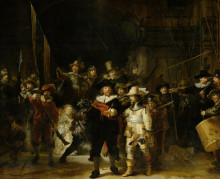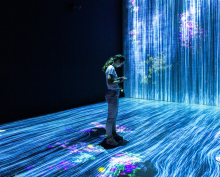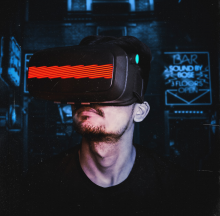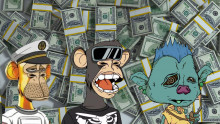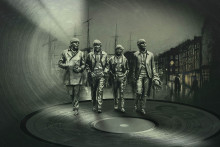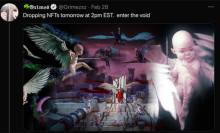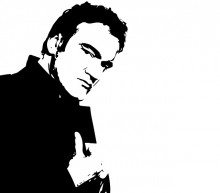Online Rembrandt museum selling Night Watch NFTs in fundraiser
The Rembrandt Heritage Foundation wants to open a virtual Rembrandt museum. To raise money for it, the foundation will sell 8,000 digital pieces of the Night Watch for 200 to 300 euros each in cryptocurrency. They are not just selling digital images of fragments of the masterpiece, but Non-Fungible Tokens or NFTs - unique properties that cannot be copied. Ownership is also recorded in a database.
